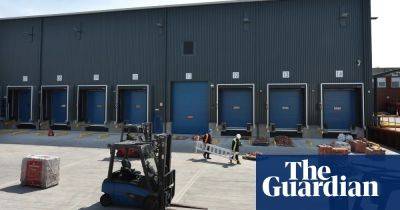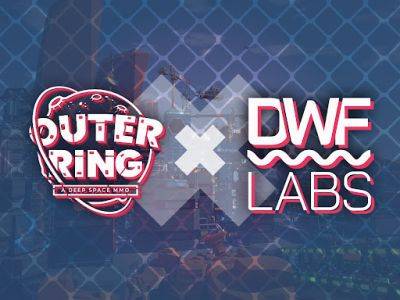The market is looking for the next 'domino' to fall, keeping banks under pressure
After an intense few days in which the fate of ailing lender First Republic was finally determined, veteran banking analyst Christopher McGratty was looking forward to some calm.
So early Tuesday, more than 24 hours after U.S. regulators seized First Republic and picked JPMorgan Chase to take over most of its assets, McGratty headed to see a client in Manhattan. Minutes after the start of regular trading, however, the regional bank stocks he covers for KBW began plunging.
«I was like, 'Hey, it's a good day to catch up, it seems like an orderly kind of day,'» McGratty said in a phone interview. «I get back to my desk, and I had 40 emails and 10 voicemails, and my screen was completely red.»
The sharp selloff in regional banks sparked by the March failure of Silicon Valley Bank resumed Tuesday, catching Wall Street analysts and investors off guard. The orderly resolution of First Republic by the nation's biggest lender was supposed to quell concerns about the state of the American banking system, not reignite them.
The steep declines — PacWest shares tumbled 28% to a record low Tuesday, while Western Alliance lost 15% — amid a lack of new news had banking experts casting about for why this was happening.
Fears about uninsured deposits, worries about commercial real estate and coming regulation were all named possible triggers.
Others pointed to pressure from short sellers. That's what Peter Orszag, CEO of financial advisory at Lazard who represented First Republic in its rescue efforts, told CNBC's Sara Eisen on Tuesday.
«People are searching for answers, and no one has a good one,» said McGratty, the head of U.S. bank research at KBW who has covered the industry for nearly 20 years.
PacWest and Western Alliance had
Read more on cnbc.com




















